- The Arctic Council aims to promote cooperation between countries to address environmental, sustainable development and security issues in the region;
- Putin’s suspension of payments to the Council, and China’s growing presence in the region, intensifies tensions between member countries;
- The race to use the Arctic’s natural resources has raised questions about environmental security and sustainability, influencing the regional and global geopolitical balance.
In the Arctic, where ice is melting and natural boundaries are shifting, a story of competition and interests is unfolding. In this context, the Arctic Council emerges as a central piece, not only in the organization of the region, but also in the growing political disputes that affect the area and have impacts throughout the world.
Therefore, it is important to explore tensions between countries competing for natural resources and influence in the Arctic. By analyzing how geopolitics, natural resources and environmental concerns intersect, it is possible to understand how the future of the Arctic is being shaped by rivalries and strategic interests.
What is the Arctic Council and what is its role in regional governance?
The Arctic Council is an intergovernmental organization composed of eight Arctic countries: Canada, Denmark (including Greenland), Finland, Iceland, Norway, Russia, Sweden, and the United States. Founded in 1996, the Arctic Council’s main objective is to promote cooperation among its member states in the Arctic, addressing issues related to the environment, sustainable development, and security in the region.
Its governance is based on principles of mutual respect, cooperation, and dialogue among member countries, recognizing the importance of protecting the fragile Arctic ecosystem and promoting sustainable economic development in the region.
Arctic Council member countries are not legally bound to follow the policies or recommendations discussed in the council, meaning decisions are not binding but serve as a forum for discussion and policy coordination among member countries.
The Arctic Council plays a crucial role in managing the unique challenges and opportunities faced by the Arctic region. This includes:
- Climate change
- Wildlife conservation
- Environmental protection
- Maritime navigation
- Natural resource exploration
- Scientific cooperation
In a world concerned with the impacts of climate change and the pursuit of economic and strategic opportunities in previously underexplored or inaccessible areas like the Arctic, the Council promotes:
- Peace
- Stability
- Sustainability in the Arctic
War in Ukraine and Russia’s Suspension of Payments to the Arctic Council
The ongoing war in Ukraine since 2022 has echoed significant challenges for stability and cooperation in the Arctic region.
Russia’s suspension of payments to the Arctic Council was announced in February 2024 by Russia’s Minister of Foreign Affairs, Maria Zakharova, expressing concern over the possibility of the Arctic Council becoming a hostile environment for Russia.
This measure was a direct response to international sanctions imposed on Russia due to its invasion of Ukraine.
Furthermore, the war in Ukraine has deepened tensions between Russia and Western countries, including Arctic Council members, which could further complicate cooperation efforts in the Arctic region.
Russian President Putin has stated that Russia will resume funding the Council when it ensures a constructive and inclusive cooperation environment for all member states.
In February 2024, the eight Arctic countries and Permanent Participant Indigenous organizations agreed to gradually resume meetings of the Arctic Council Working Group in a virtual format.
This decision aims to allow projects to proceed more efficiently. This resumption is considered crucial to ensure that the Council maintains its primary function as the main collaboration forum on environmental protection and sustainable development issues in the region.
Natural Resources and China’s Presence in the Arctic Region
China’s presence in the Arctic is intrinsically linked to the search for natural resources and the economic potential that this area offers. With the melting of sea ice due to climate change, new shipping routes and vast deposits of previously inaccessible mineral resources are becoming available.
Thus, China has sought to secure its energy future and expand its global influence, as the Arctic harbors abundant reserves of oil, natural gas, minerals, and other valuable resources.
The United States has noted that China has increased activities and engagement in the Arctic region since gaining observer status in the Arctic Council in 2013. Additionally, a Pentagon report mentioned that Denmark is concerned about China’s interest in Greenland. These include proposals to build a research station, a satellite ground station, renovate airports and increase mining activity.
With the growing global demand for energy and raw materials, these resources have attracted the attention of countries like China, seeking to secure their future supply. Additionally, the opening of new shipping routes, such as the Northern Sea Route, offers opportunities to reduce costs and transportation times between Asia and Europe, boosting international trade.
For China, presence in the Arctic region offers not only economic but also strategic opportunities. Establishing research bases, commercial partnerships, and infrastructure investments allows China to increase its influence in the region and participate in Arctic governance.
Furthermore, Beijing seeks to develop technologies and capabilities to operate in Arctic conditions, preparing for a future where the region will play an even more significant role in the global arena.
However, China’s growing presence in the Arctic region raises questions about sovereignty, security, and environmental sustainability.
Recently, a report released by the American intelligence company Strider Technologies in February 2024 argued that China is rapidly intensifying its economic influence in the Russian Arctic region.
According to the report, Moscow would have facilitated Chinese interests’ access to Siberia and the Russian Far East. This scenario suggests a shift in power balance in the region, with powers like China seeking to counterbalance Western dominance in the Arctic, especially in light of NATO expansion, which now includes countries like Finland and possibly Sweden.
Although not an Arctic state, China seeks to ensure access to resources and shipping routes, especially through Russia, while Arctic countries and other global powers are attentive to the possible geopolitical and environmental ramifications of this involvement.
What is the Geopolitical Importance of the Arctic Council for the Region and the World?
The Arctic is a strategic region due to its wealth in natural resources and crucial for the environment. However, cooperation among Arctic countries is often hindered by competition for these resources, fueling tensions and territorial disputes.
The pursuit of influence in the region by countries like China, Russia, and the United States can trigger conflicts and geopolitical rivalries of global proportions, intensifying tensions between nations and challenging regional stability.
The future of the Arctic Council remains uncertain in the face of increased economic activity and the presence of external powers in the region. Preserving the environment and mitigating the effects of climate change will remain fundamental challenges, while balancing between cooperation and geopolitical rivalry will define the Arctic’s future geopolitical landscape.
The Arctic Council, far from being just an arena for environmental and sustainable development issues, now stands out as a geopolitical battleground. However, the use of natural resources in the Arctic poses a significant threat to the environment. This would accelerate global warming and ice melting, which in turn, raises sea levels and causes global climate disruptions.
Thus, using the Arctic for initiatives like the Northern Sea Route makes it even more challenging to balance geopolitical interests with the sustainability ideals pursued by the Arctic Council.
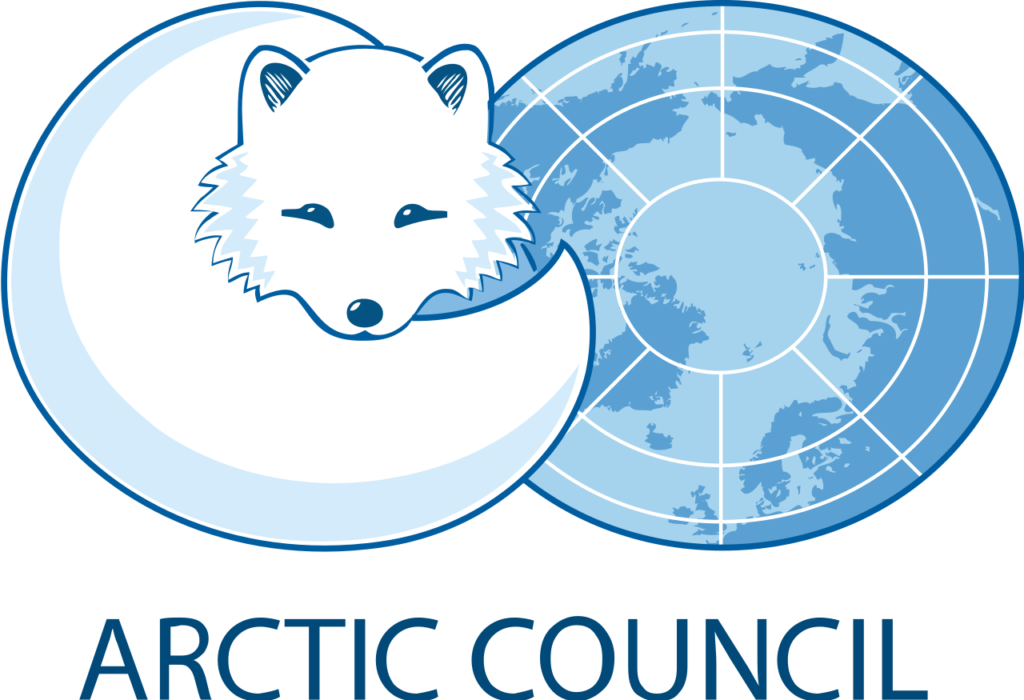
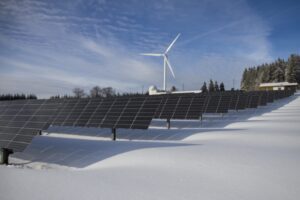





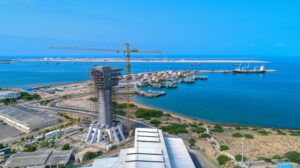
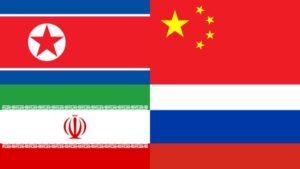
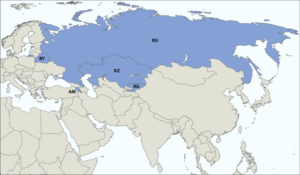



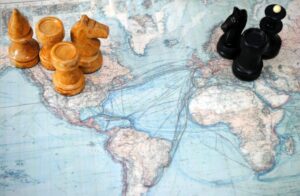


Be First to Comment